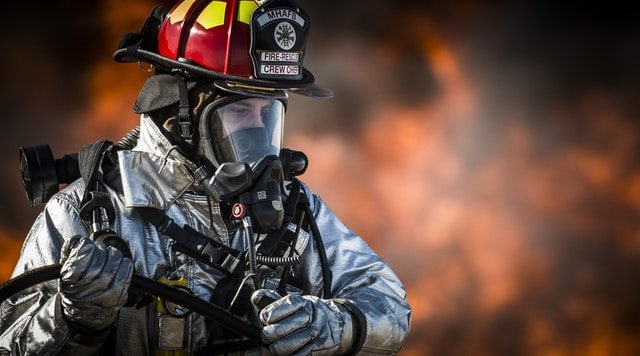Disasters, medical crises and unexpected events can strike at any time. Families may struggle to respond quickly without a clear emergency plan, leading to confusion, delays and unnecessary risks. Whether dealing with natural disasters, medical emergencies, or sudden financial hardship, families should take proactive steps to protect their loved ones.
Why Emergency Planning Matters
Many families assume they will have time to prepare when an emergency happens. However, a lack of preparation can worsen an already stressful situation.
A well-structured emergency plan helps families:
- Make quick, informed decisions during crises
- Minimize confusion and panic by assigning clear roles and responsibilities
- Ensure financial and legal readiness for unexpected events
- Protect children, elderly relatives and pets who may need extra assistance
Families can respond with clarity and confidence by planning, reducing stress and improving outcomes.
Creating a Family Emergency Plan
1. Establishing a Communication Strategy
In an emergency, communication is critical. Families should set up:
- An emergency contact list with phone numbers for relatives, doctors and trusted neighbors
- A family meeting place in case household members become separated
- A backup communication method, such as group texts or a designated out-of-town contact
Parents should also ensure that children know how to dial 911 and recognize emergency contacts.
2. Preparing Financial and Legal Documents
Unexpected events like serious illness, disability, or loss of income can impact financial stability. Families should prepare:
- A durable power of attorney to allow a trusted person to handle financial matters if the primary provider is incapacitated
- A will and healthcare directive to ensure that wishes are honored if an emergency results in long-term incapacity or death
- An emergency fund with at least three to six months of living expenses to cover unexpected costs
Keeping digital and physical copies of important documents in a fireproof and waterproof location ensures easy access when needed.
3. Stocking an Emergency Kit
Every household should have an emergency supply kit with essentials for at least three days. Recommended items include:
- Non-perishable food and water (one gallon per person per day)
- Flashlights, batteries and a portable phone charger
- First-aid supplies and necessary medications
- Important documents stored in waterproof containers
- Cash in small denominations in case ATMs and credit cards are unavailable
Special considerations should be made for infants, elderly family members and pets who may require additional supplies.
Planning for Medical and Natural Disaster Emergencies
1. Medical Emergencies
Sudden illness or injury can leave families unprepared to make critical decisions. To ensure medical readiness:
- Designate a healthcare proxy who can make decisions if a loved one becomes incapacitated
- Keep a list of medications and allergies for all family members
- Store emergency contacts in a visible location, such as on the refrigerator or in a wallet
Having medical directives in place prevents delays in urgent care situations.
2. Natural Disasters and Evacuations
Hurricanes, earthquakes, wildfires and other disasters require immediate action. Families should:
- Identify evacuation routes and emergency shelters
- Practice drills for fire, tornadoes, or earthquakes
- Secure important personal belongings in a grab-and-go bag
A family disaster plan ensures that everyone knows what to do if forced to evacuate.
Protect Your Family’s Future with Emergency Planning
Planning for an emergency ensures that your loved ones are safe, financially secure and legally protected. Whether you need to create an estate plan, establish a power of attorney, or review your family’s emergency preparedness, our law firm is here to help.
Key Takeaways
- Emergency plans reduce confusion and risk: Families with structured plans can respond faster and avoid panic during crises.
- Financial and legal preparedness is crucial: Having powers of attorney, wills and emergency funds ensures financial stability in an unexpected event.
- Medical readiness prevents delays in care: Health directives and emergency contacts provide clarity during urgent medical situations.
- A stocked emergency kit is essential: Having supplies like food, water and medications helps families stay safe in disaster situations.
- Regular drills and updates improve response times: Practicing evacuation routes and reviewing emergency plans keeps everyone prepared.
References: Ready.gov (06/09/2023) “Make a Plan” and Focus on the Family (2024) “Step-by-Step Guide to Building a Family Emergency Plan”


